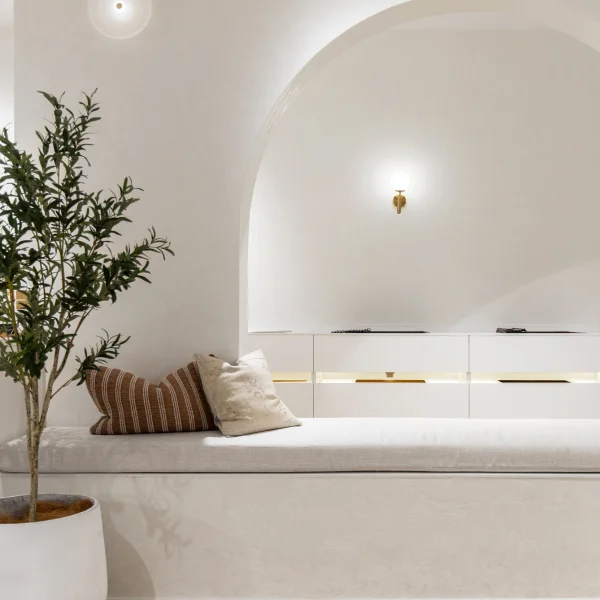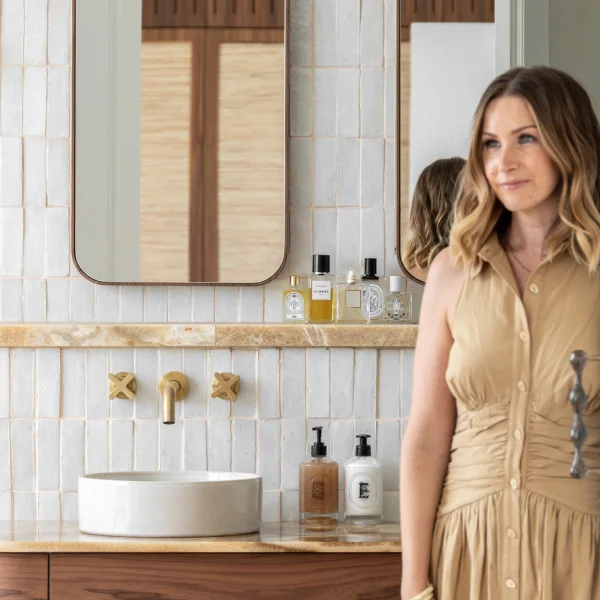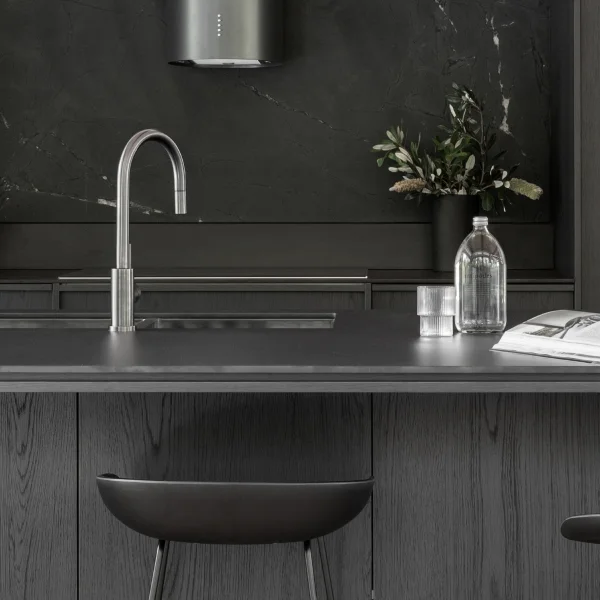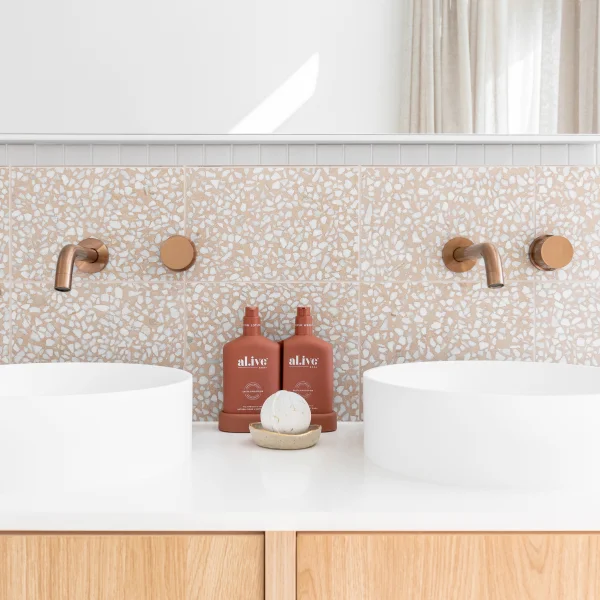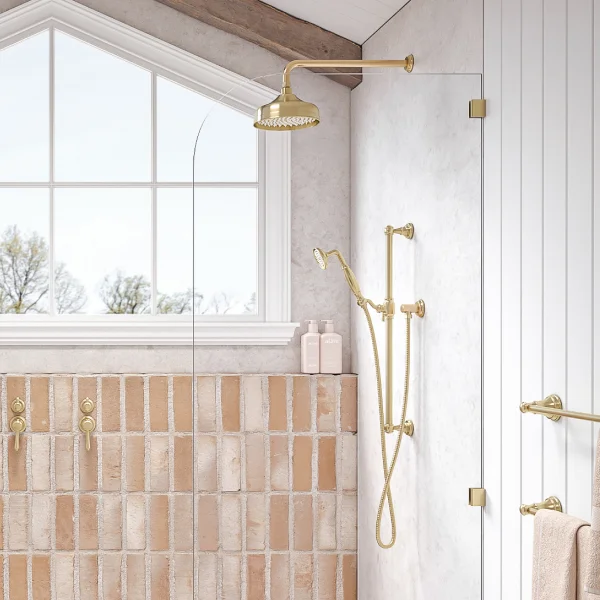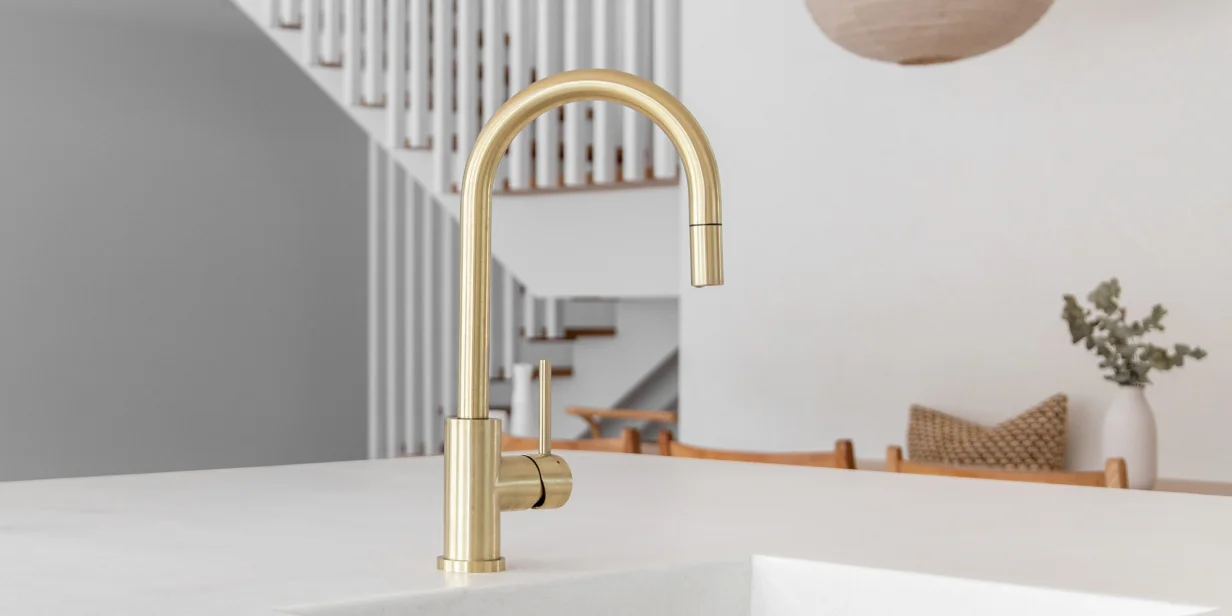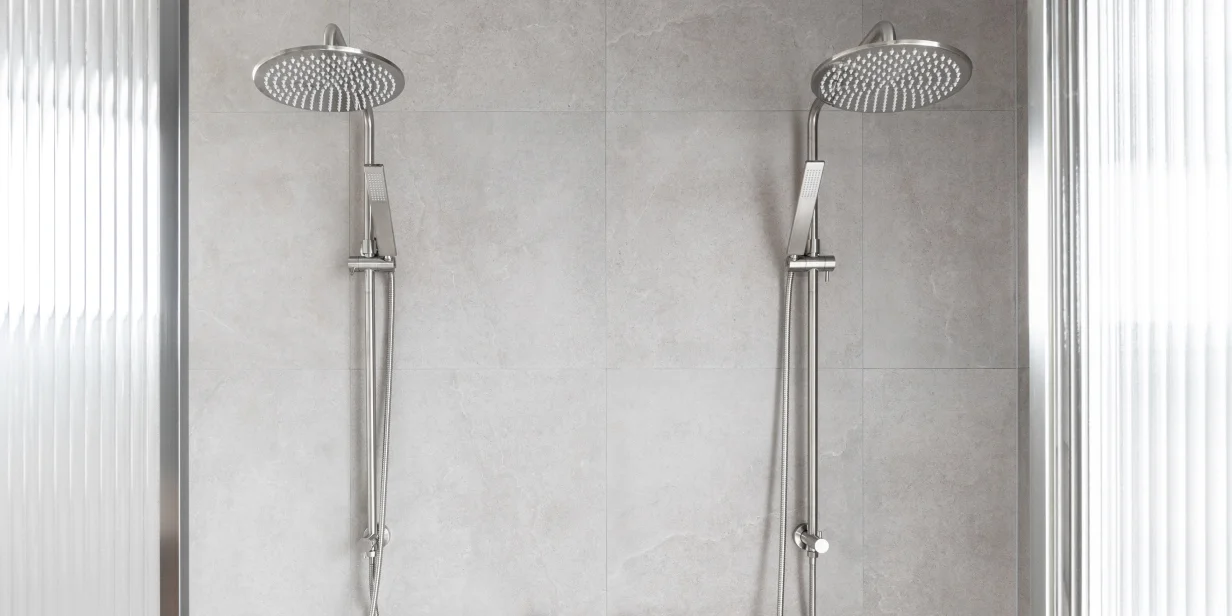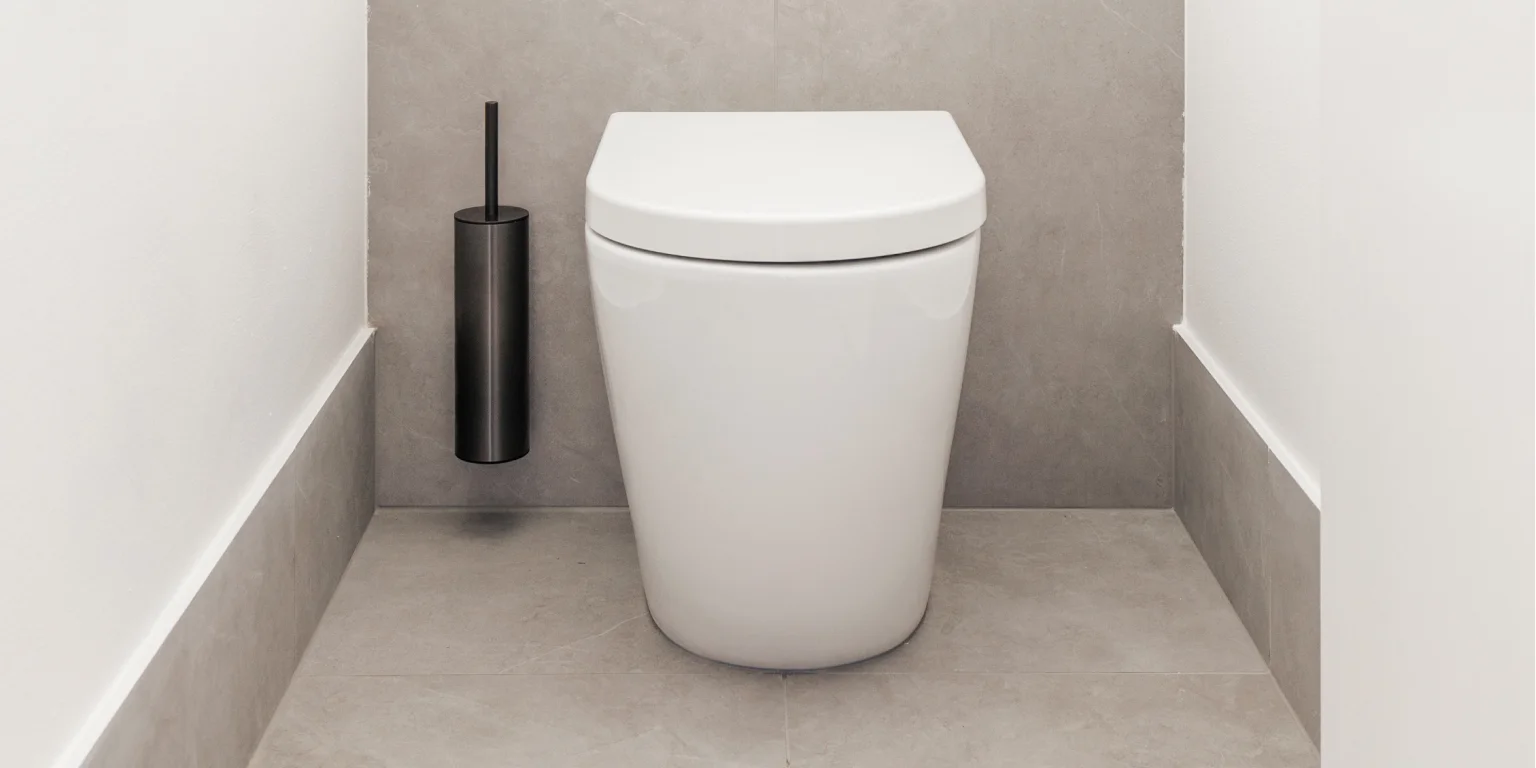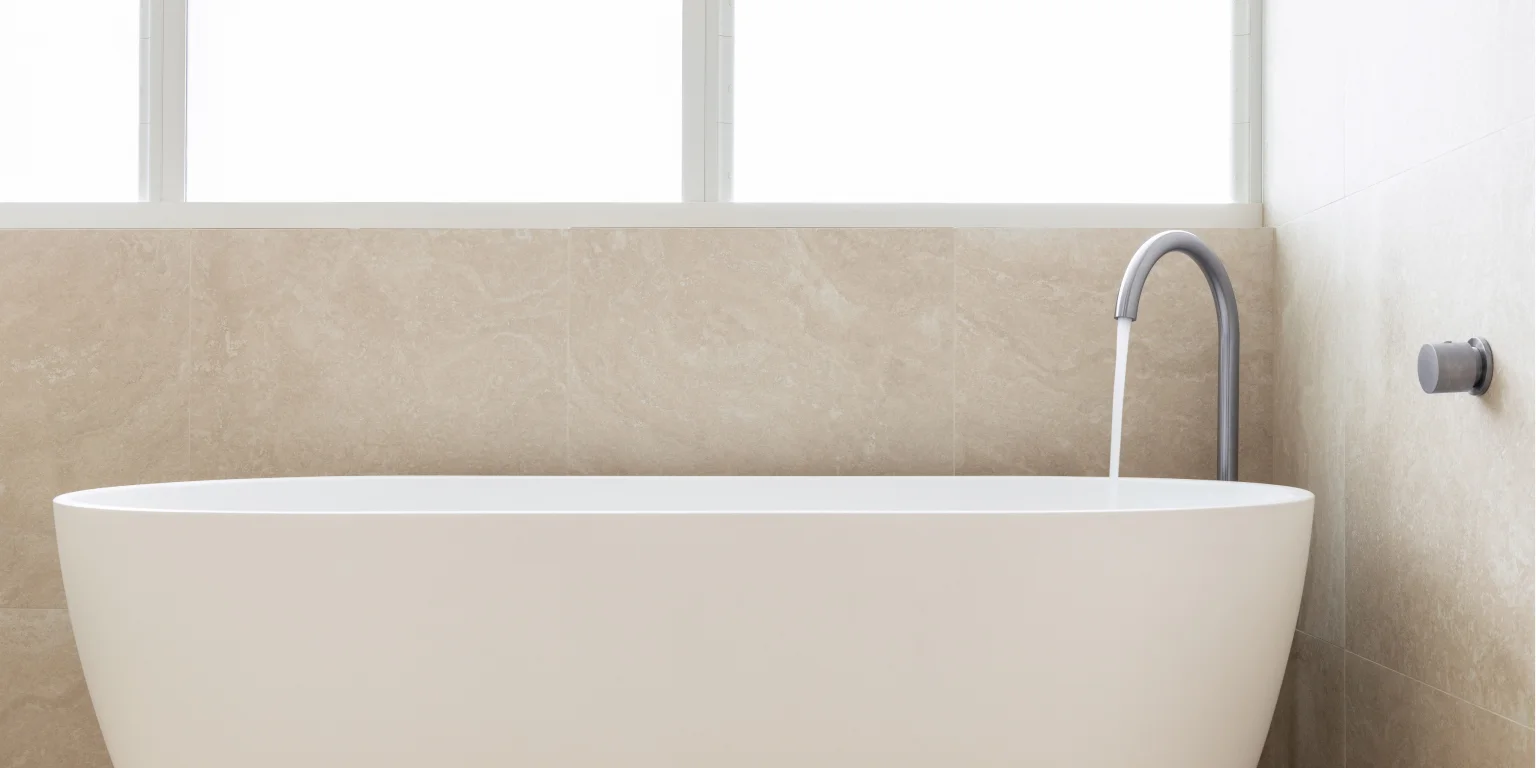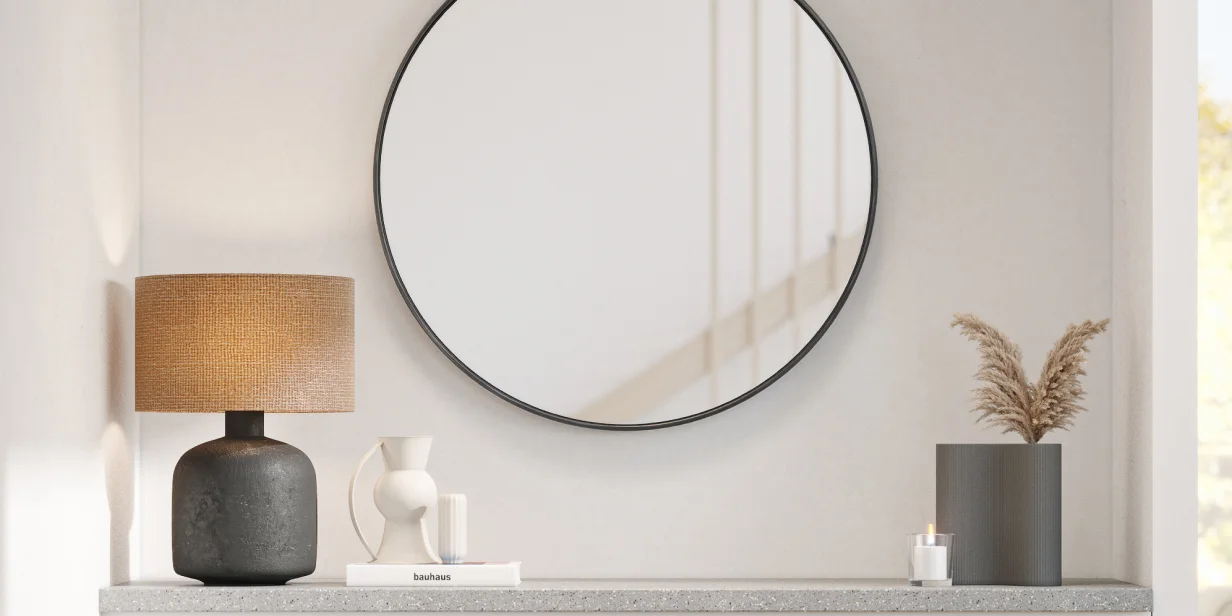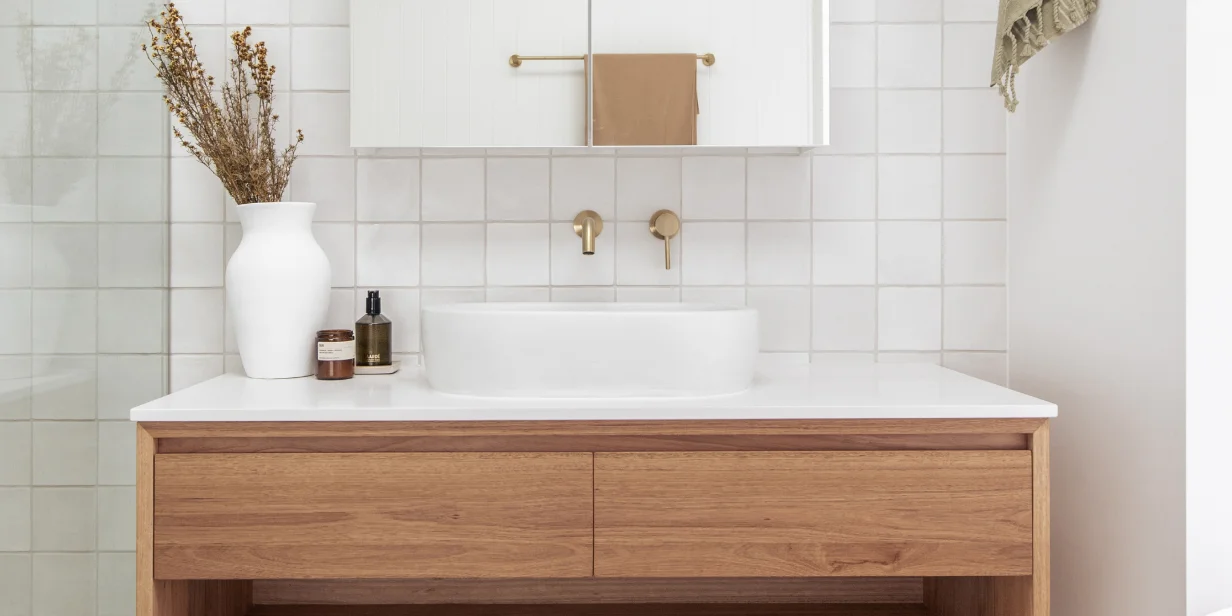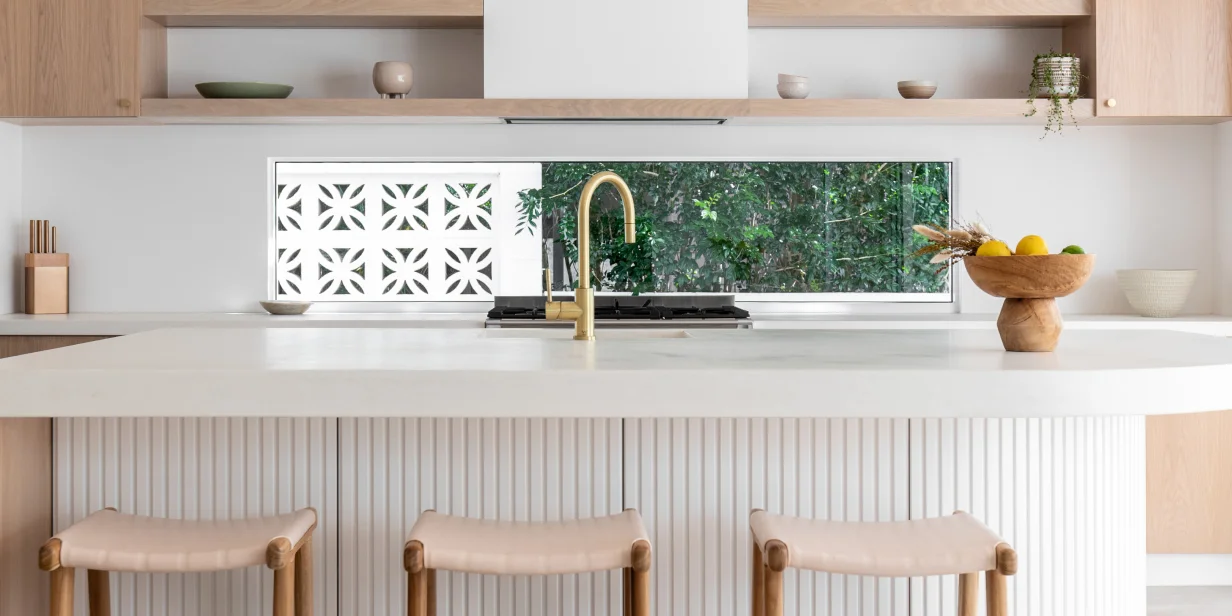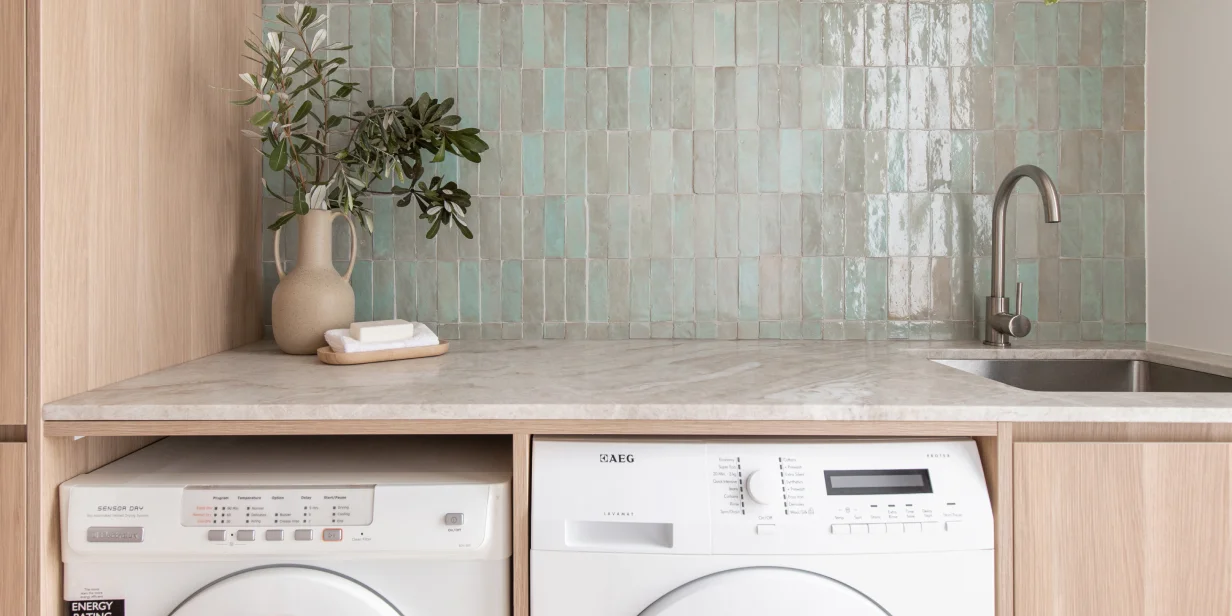7 RULES TO SET (AND STICK TO) A REALISTIC HOME RENOVATION BUDGET
It’s certainly no exaggeration to say home renovations offer a fresh start. They’re a dream that can produce life-changing possibilities for homeowners. However, no one wants that dream to become a nightmare due to a nasty bill shock that eradicates the renovation budget.
Therefore, it’s essential to set some boundaries to accomplish a realistic home renovation budget. This can help you anticipate some of what’s to come and have you best prepared for addressing the unexpected.
We explore seven rules for setting (and sticking to) a realistic home renovation budget to determine where you stand financially before, during, and after your renovation.
1. GET 3 QUOTES
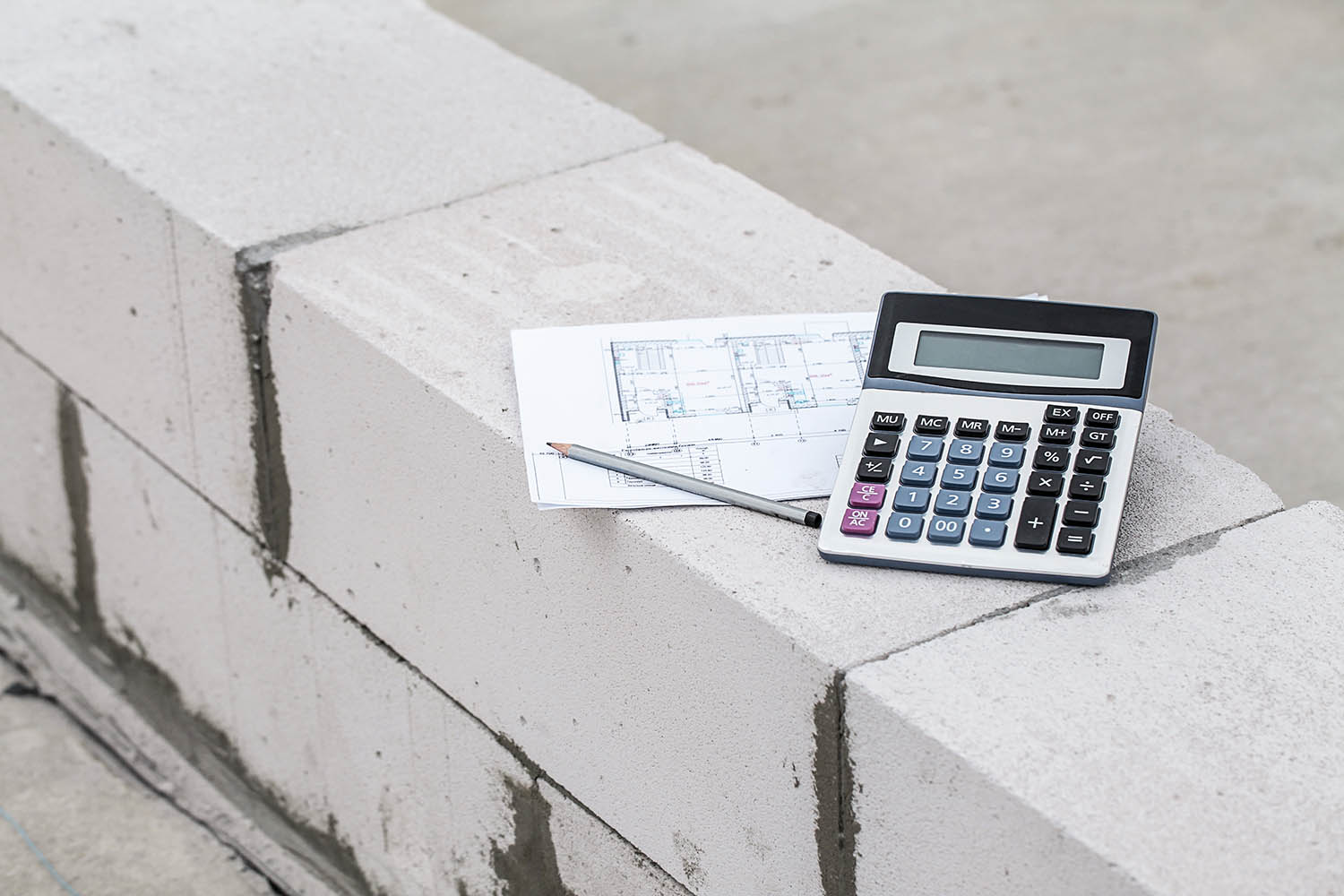
It’s the golden rule for any major purchase, especially home renovations. Thus it’s worth reiterating, no matter how many times you’ve heard it before: get three quotes.
Not only will this give you a clear idea of the cost of your renovation, but you may be surprised by how much each quotation varies. By getting a clearer picture of the upfront costs, you will be better prepared to set a realistic budget that accounts for your entire project. More importantly, you will be able to decide whether you currently have the finances to accommodate your home renovation comfortably.
2. ANALYSE THE CONTRACT
Preparation is key to setting any realistic home renovation budget. However, to successfully stick to those figures, you must go through your renovation contract with your builder using a fine-tooth comb. This will enable you to become crystal clear regarding what’s covered and allows for any alterations before construction commences — thus avoiding bill shock.
This is also the perfect opportunity to probe your builder with any burning questions. One such question, for example, should be whether your contract includes a builder’s/construction clean?’ If not, this could potentially add thousands to the agreed-upon price and thus not be an accurate indication of how much you are likely to spend.
3. ACCOUNT FOR CONTINGENCIES
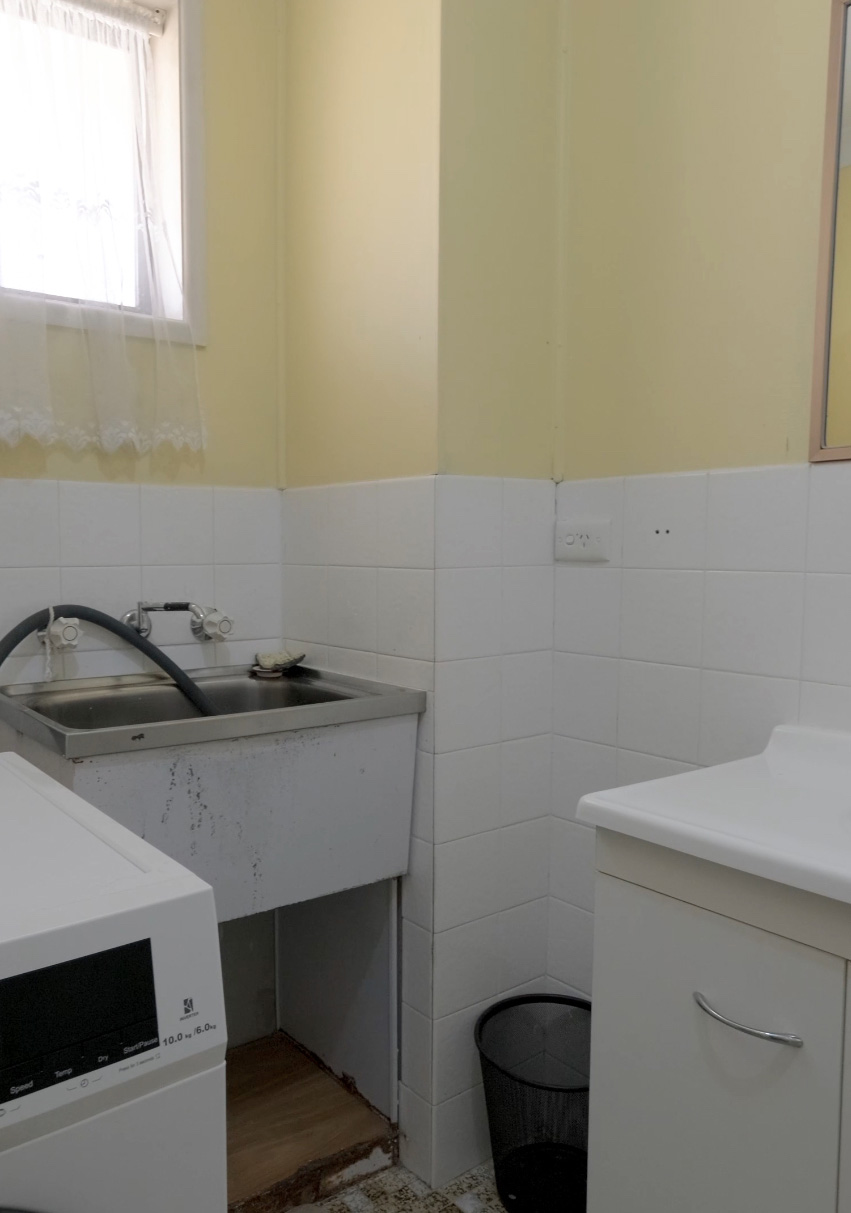
Unfortunately, budgets are rarely 100% set in stone. For a realistic home renovation budget, you need to account for contingencies. Therefore, it’s important to leave between 10 – 15% of your budget for any last-minute design changes or reasonable alternative suggestions from your builder or trades.
Having this budget buffer will help to soften the blow of those sometimes unavoidable extra charges and enable you to be better prepared financially for the unexpected.
For a breakdown of expected associated costs, you should also consider the benefits of a cost calculator. Cost calculators are a great way to estimate using figures based on average industry findings. However, please be wary that there can be many factors that will affect the accuracy of renovation cost calculators. Always seek professional advice and quotations from contractors when determining your renovation cost.
4. MAKE IT CLEAR THAT CHANGES NEED TO BE APPROVED FIRST
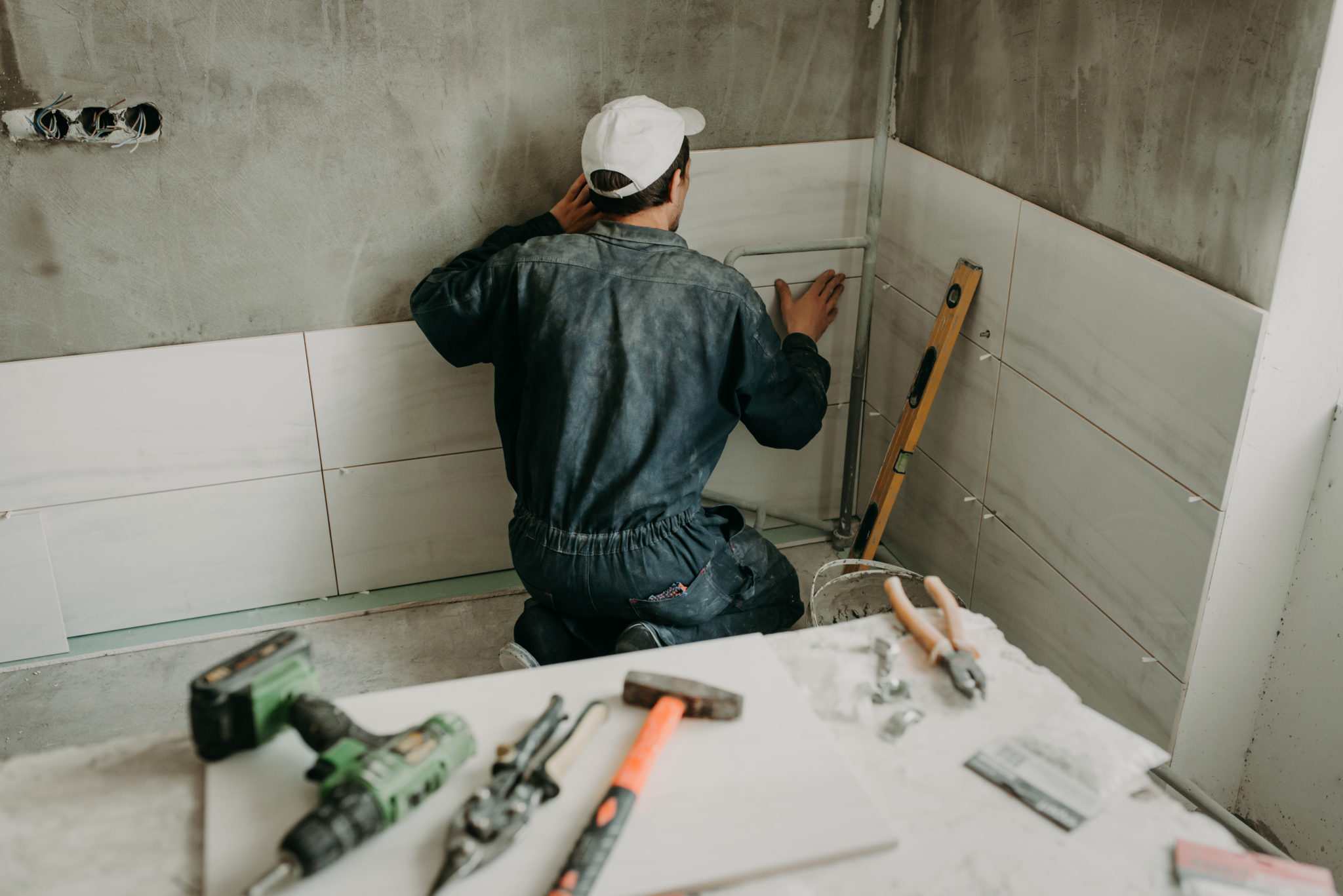
Sometimes the biggest blunder with the start of a home renovation comes from that unsettling feeling of not being in charge. To reestablish that authority, clarify from the start that you need to approve any changes or additional expenses before they are actioned. For peace of mind, changes that affect costs should be in writing first to avoid accumulating hidden fees that reveal themselves at the end of the renovation.
So, make it clear somewhere in the contract that any deviations from the original plan need to be clearly outlined and approved before actioning.
5. BE MINDFUL OF BUILDER’S COMMISSIONS
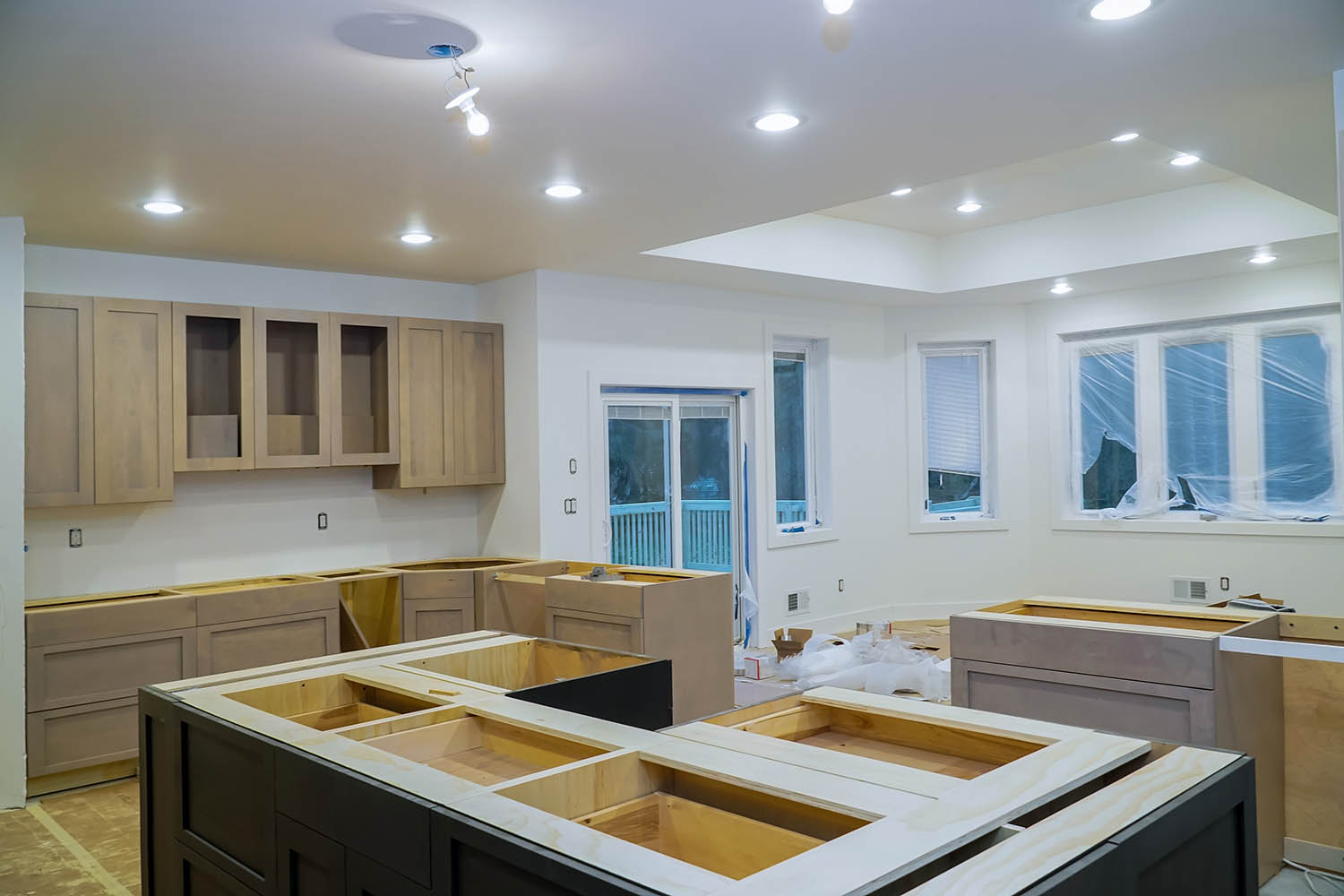
On the subject of hidden fees, you should be mindful that there is the question of the often-overlooked builder’s commission. These are fees for your trades sourcing often-discounted fixtures and fittings that nevertheless come at a cost to the homeowner.
So, consider that it might be financially savvier to source these products yourself rather than pay a commission on top of the trade price for that convenience. You may be more likely to stick to your home renovation budget as a result too.
6. GET A FIXED PRICE OVER AN HOURLY RATE
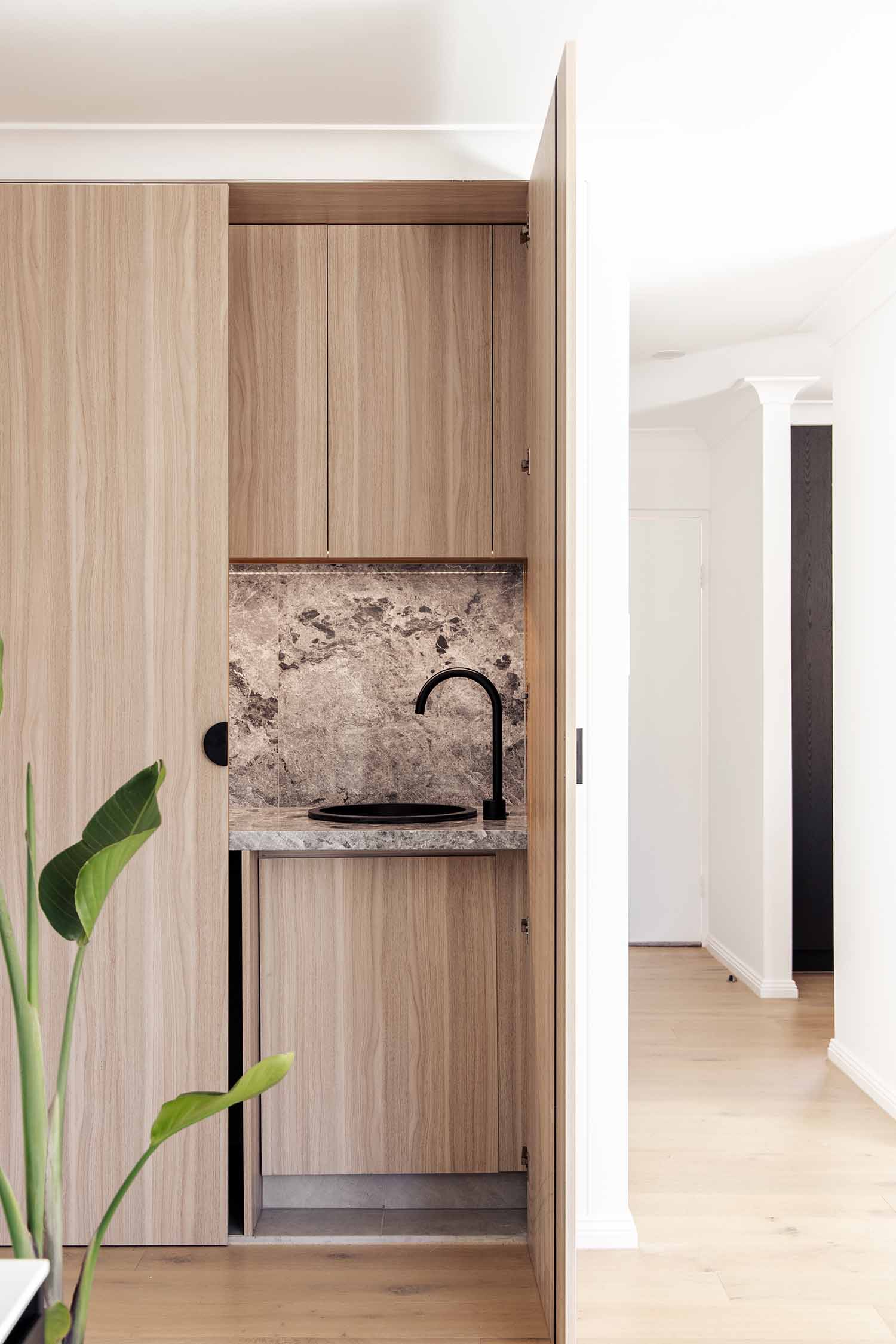
Knowing where you stand with a home renovation is crucial in helping you set a realistic budget. One way to set the parameters is to opt for a fixed price over the frankly ambiguous hourly rate. Indeed there is more incentive knowing that a specific price has been agreed upon rather than the lingering doubt of having construction work dragged out at the owner’s cost.
So, it simply makes sense to opt for a fixed rate over an hourly one. You will feel more secure that your best interests are at hand and that everyone is working towards a common goal in completing your renovation. Little wonder it is one of the essential rules for setting a realistic home renovation budget.
7. DON’T BE TEMPTED TO ADD ON EXTRAS
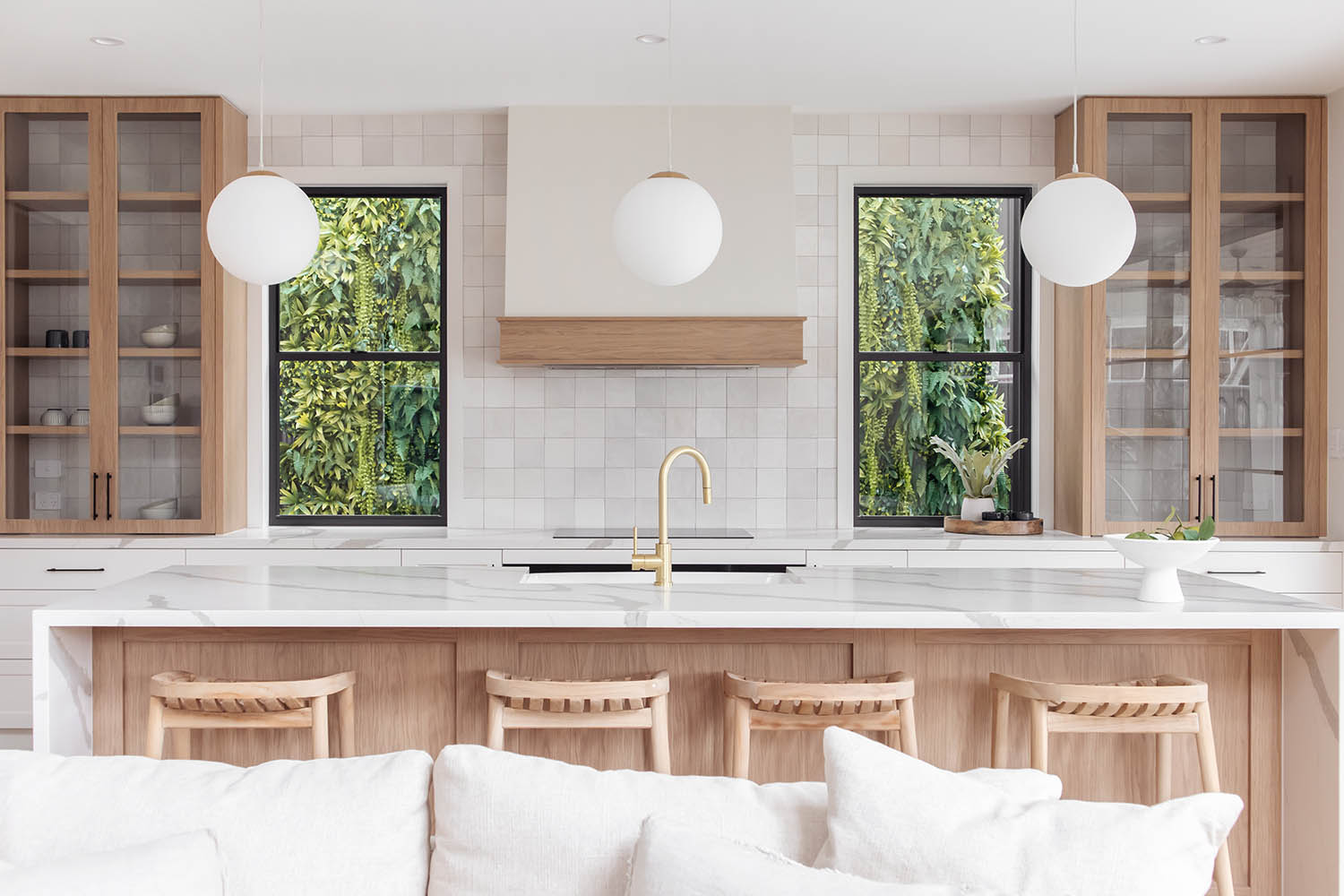
One of the hardest rules for home renovations is not being tempted to expand upon those original plans established in your contract. Giving in to temptation with additional extras, however minor they may appear to be, all add up and can significantly impact your original budgetary plans.
As a consequence, straying can lead to more stress. It’s better to stick to the plan stringently — you will be less likely to feel the pocketbook pinch come builder’s payday.
For further home renovation advice, read our related blog:
